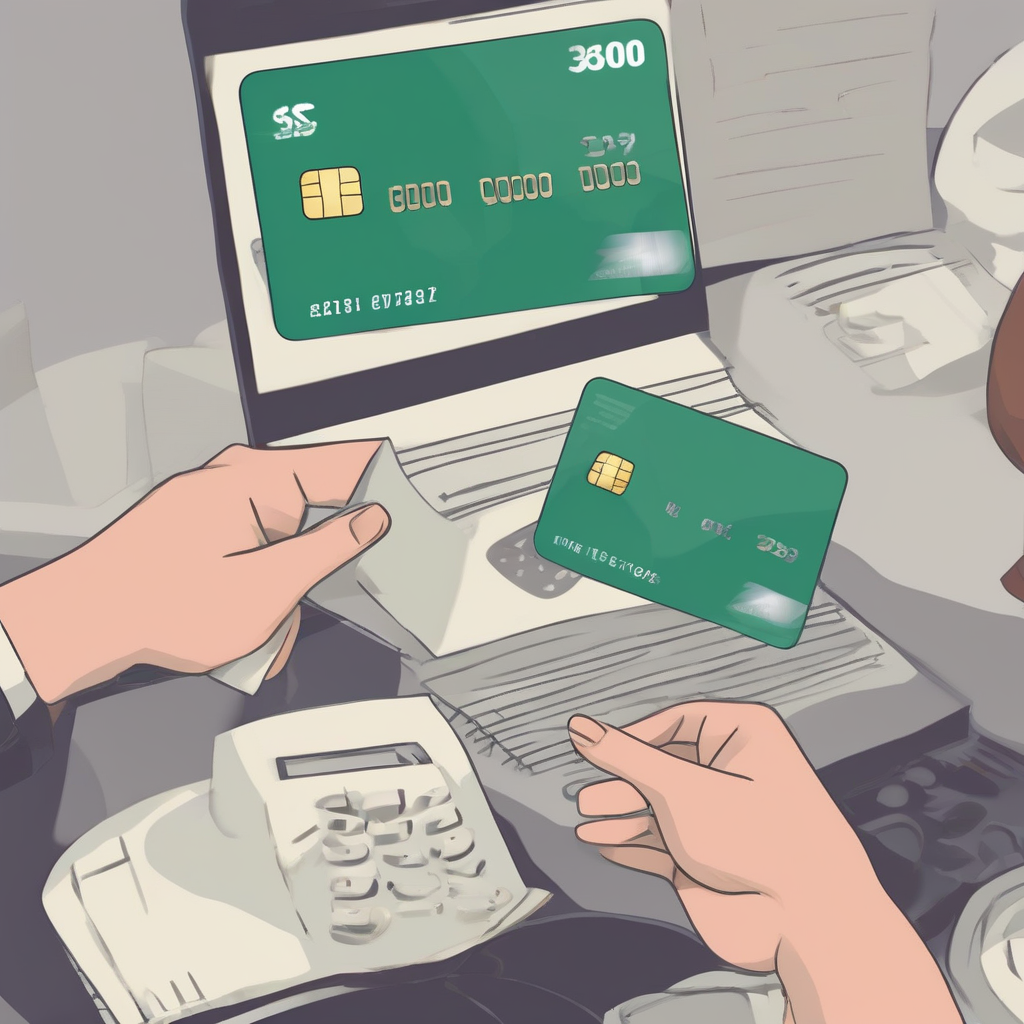Loan Debt Consolidation: Your Guide to Financial Relief - Debt Consolidation Companies

Loan Debt Consolidation: Your Guide to Financial Relief
What is Loan Debt Consolidation?
Loan debt consolidation is a financial strategy that combines multiple outstanding loans into a single new loan with a lower interest rate and more manageable monthly payments. This can be a valuable tool for individuals struggling with high debt burdens and seeking relief from overwhelming monthly payments.
How Does Loan Debt Consolidation Work?
The process typically involves working with a debt consolidation company or lender. Here's a breakdown:
- Apply for Consolidation: You submit an application to the consolidation company or lender, providing information about your existing loans and financial situation.
- Loan Approval: The lender reviews your application and assesses your creditworthiness. If approved, they offer a new loan with a specific interest rate and repayment terms.
- Loan Disbursement: Once you accept the loan terms, the lender pays off your existing loans using the funds from the new consolidated loan.
- Repayment: You make a single monthly payment to the consolidation lender, covering the entire consolidated debt balance.
Types of Loan Debt Consolidation Options
- Debt Consolidation Loans: These are personal loans specifically designed to consolidate multiple debts. They typically come with fixed interest rates and set repayment periods.
- Balance Transfer Credit Cards: This option allows you to transfer balances from high-interest credit cards to a new credit card with a lower introductory interest rate. However, the introductory rate is often temporary, and the interest rate can increase significantly after the promotional period.
- Home Equity Loans and Lines of Credit (HELOC): These options use the equity in your home as collateral for a loan. They often come with lower interest rates than other types of loans but carry the risk of losing your home if you default on payments.
Benefits of Loan Debt Consolidation
- Lower Monthly Payments: Combining multiple debts into one often results in a single, lower monthly payment, making it easier to manage your finances.
- Lower Interest Rates: Consolidation loans can offer lower interest rates than your existing loans, saving you money on interest charges over time.
- Simplified Debt Management: Consolidating your debts into one loan eliminates the need to track multiple payments and deadlines, simplifying your debt management process.
- Improved Credit Score: By reducing your credit utilization ratio (the amount of available credit you're using) and making timely payments, loan consolidation can help improve your credit score.
Potential Risks of Loan Debt Consolidation
- Higher Total Interest Paid: While you might get a lower monthly payment, the extended repayment term may result in paying more interest over the life of the loan.
- Increased Debt Burden: If you consolidate high-interest debt with a lower interest rate but also increase the loan term, you may end up paying more interest overall.
- Credit Score Impact: Opening a new loan can temporarily lower your credit score, especially if you have a lot of recent credit inquiries.
- Risk of Default: Like any loan, failing to make your payments on a consolidation loan can lead to negative consequences, such as late fees, damage to your credit score, and potential legal action.
How to Find the Right Debt Consolidation Company
- Research and Compare: Explore different companies, compare their interest rates, terms, fees, and customer reviews.
- Check Credentials and Reputation: Ensure the company is licensed and reputable. Look for industry certifications and positive reviews.
- Consider Fees and Charges: Pay attention to origination fees, closing costs, and other charges. Compare these fees across different companies.
- Seek Professional Advice: Consult with a financial advisor or credit counselor to get personalized guidance on debt consolidation and the best options for your situation.
Essential Tips for Managing Debt Effectively
- Create a Budget: Track your income and expenses to understand your financial situation and identify areas where you can cut back.
- Prioritize High-Interest Debts: Focus on paying down debts with the highest interest rates first to minimize interest charges.
- Negotiate with Creditors: If you're struggling to make payments, contact your creditors and explore options like lower interest rates, payment plans, or temporary forbearance.
- Avoid New Debt: Once you start consolidating debt, make an effort to avoid taking on any new loans or credit cards.
- Monitor Your Credit: Regularly check your credit report for errors and stay informed about your credit score.
Conclusion
Loan debt consolidation can be a valuable tool for managing overwhelming debt. By understanding the process, benefits, and risks, you can make an informed decision about whether it's the right solution for your situation. Remember to research thoroughly, compare options, and seek professional advice to ensure you choose the best debt consolidation strategy for your financial goals.
What's Your Reaction?
















